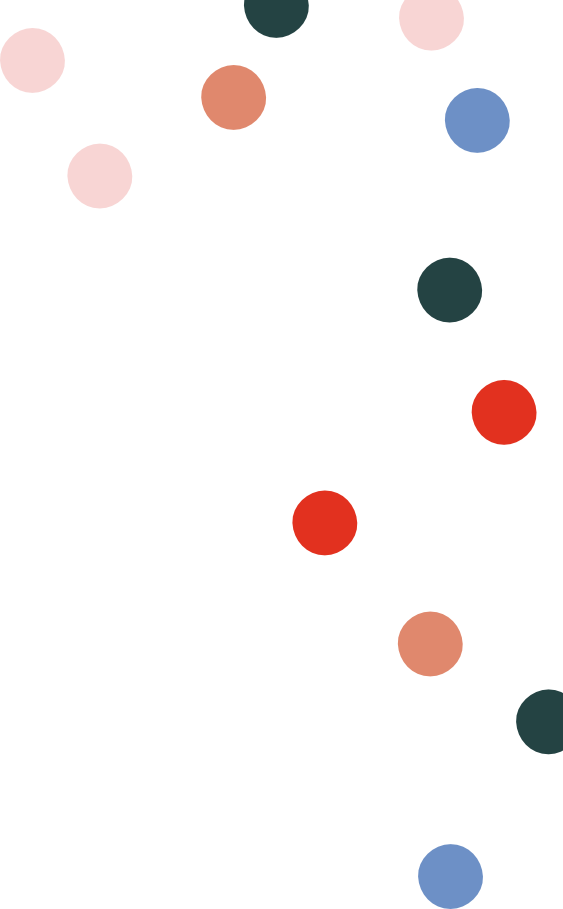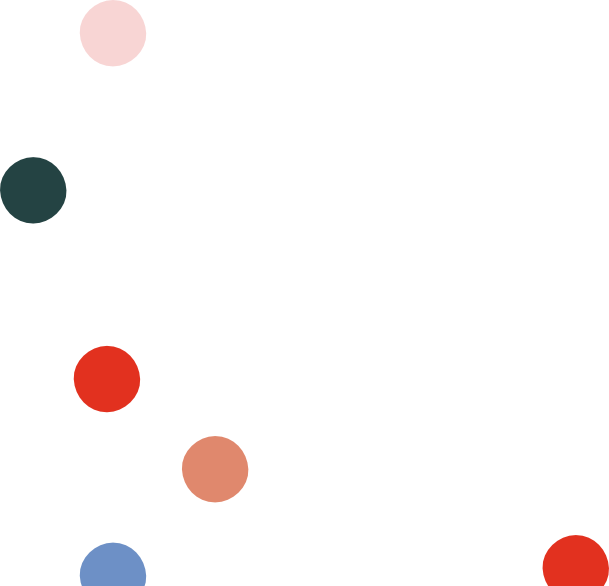PEACHES
by Alexander Meyers
I chose to go to China because St Andrews, Scotland was too expensive, and the thought of debt terrified my mother. I don’t say that when I am asked why I went to China to study abroad; I say I have a deep passion for learning languages and Chinese was the most difficult and I love challenges. I don’t even believe that. I don’t think it matters where someone goes, I think it matters that they learn the values of translation and immersion. Another way—shoved up against the edge of the world and forced to breathe under the weight.
* * *
It is like speaking with pebbles on your tongue. The first thing they teach kids who speak a language like English about Chinese is how to move the mouth in different ways, how to produce new sounds that you only made when you were punched in the gut for painting your nails with polish or trying to invent new languages under the pine tree in grade school. Your lips don’t behave, your tongue won’t mimic the poise of your ears. You won’t learn how to pronounce things until years later, and you will stumble still until you learn that it is confidence and persistence that enable dialogue; not perfection.
* * *
Kayla, Julissa, and I—who as friends share an argot of being foreign and visible and far from home—travel to Mount Emei, southwest of Chengdu, for a weekend. Emei is one of China’s Four Sacred Buddhist mountains. I remember getting to the top and being disappointed because it was a sea of clouds and we were drowning. Coming down the mountain and stopping for a rest, Kayla takes out a thermos that I thought contained water and pours us cups of hot chamomile tea, steaming in the chill air. She doesn’t realize that I’m never going to forget that she used magic to quiet the world with her care.
* * *
In Maggie Nelson’s Bluets, she talks about the creation of the cyanometer in 1789 by the Swiss explorer Horace-Bénédict de Saussure. His design included 53 sections and shades of blue that when put against the sky attempted evince the exact shade of blue. My room was on the eleventh floor and it faced the west; I educated myself on sunsets and the light that pooled on the edge of the city.
* * *
Two weeks before I left China, I developed a crush on a boy who crushed over me like water. We flowed over dinner outside the eastern gate at Dadongbei—orange chicken in tarry orange sauce and glistening eggplant that we picked at together with chopsticks. He told me about a poet that few foreigners knew and would blow the socks off any Chinese professor. The Song Dynasty poet Li Qingzhao—who fled to Nanjing after the Jurchens invaded Kaifeng and whose lover died in route to his mother’s funeral in the chaos of war, and after remarrying she was imprisoned for divorcing her husband. Her father studied under Su Shi. She ranks below none for her ci poetry, of which less than a hundred survive. Each one is meant to be accompanied with music.
* * *
It is difficult to find English translations of Li Qingzhao’s poetry that aren’t all minced and fried by someone else’s feelings; it’s not universal. What follows is a failure of a translation that apprehends my feelings at the time that I first read the poem. To the tune of “like a dream,” entitled “i will always remember the sunset.” i will always remember the sunset and the freckle like a pavilion down the stream of your neck / so drunk i do not know the way back at / night now in the west, i walk to the east / a mistake of being / in your tight knotted hair / it’s a deep mess / how do i cross? / how do i cross? / we jolt as i find your shoal of / feathers hiding there.
* * *
My Chinese professor, Yan, gave me my Chinese name a week before my exchange ended because I insisted that I wait until I was ready. I practiced how to ask him for a name in Chinese. 你能给我一个名字?老师您辛苦了. He laughed and asked what I want my name to mean. I told him to give me a name that he thinks best fits me. The next class he announced my new name by writing it on the board and asking me to read it. 梅学谦。
* * *
There is a poem by Frank O’Hara called “Why I Am Not A Painter.” One day I am thinking of / a / color: orange. I write a line / about orange. Pretty soon it is a / whole page of words, not lines. / Then another page. There should be / so much more, not of orange, of / words, of how terrible / orange is / and life. Days go by. It is even in / prose, I am a real poet. My poem / is finished and I haven’t mentioned / orange yet. It’s twelve poems, I call / it ORANGES. I called this own piece of prose PEACHES because my friend Julissa loves PEACHES and I loved seeing another world through her eyes.
An End
by Michaela Domier
I wrote a screenplay about you. There isn’t an ending. I’m waiting for ours to happen. We could fall in love, create memories with other, strive to be better people together. You could leave, or I could leave, and we could become nothing more than people who used to know each other. I could say nothing, just taking all the small moments I can get until life hands us some resolution. Decisions are scary. Telling you opens up a Pandora’s Box of scenarios: Do you feel the same way? What happens now? Not telling you terrifies me to. For a self described pessimist, I have an abundance of hope in an area of my life where my doubts are warranted; they have been earned time and time again. What if you did feel the same way? What if you got excited at the thought of me like how I get excited at the thought of you? What if you were weighing the options too? Or trying to find the right words or moment? Maybe it makes me foolish for repeating the same mistakes, but I can’t seem to let this fade away. You have given me moments of what if. What if this time, it’s different? What if you’re different? My feelings have become restless, manifesting themselves into dreams that force me awake, or make me dread when it comes time to open my eyes. I think I know my answer. I think I have decided what will happen next. But our ending? I can’t seem to let go of hope, so maybe I’ll just write the ending I think we should have had.
Two Week Poem
by Nina Adey
Smoke red skies and a yellow moon
One lone chest heaves
// “Talk to me about hog slop”
“Hog slop?”
“Yeah, what do the piggies eat?”
// Stagnant passion brown, it yellows
The unforgettable chew and swallow of a shovel in mud, I need to find some better footing
Already shit caked around my neck
Your mouth was glued open from that salt lick you wouldn’t stop tonguing But that’s okay because so was mine.
That saddleback love I’ll drink
water from the teat of the mare
You may think milk but no foal this year
Plenty of rain.
I told you I’d drown myself in the pool,
You cried laughing.
//
It wasn’t until much later that I realized you didn’t give a shit what pigs ate
You gave a shit what I fed them.


